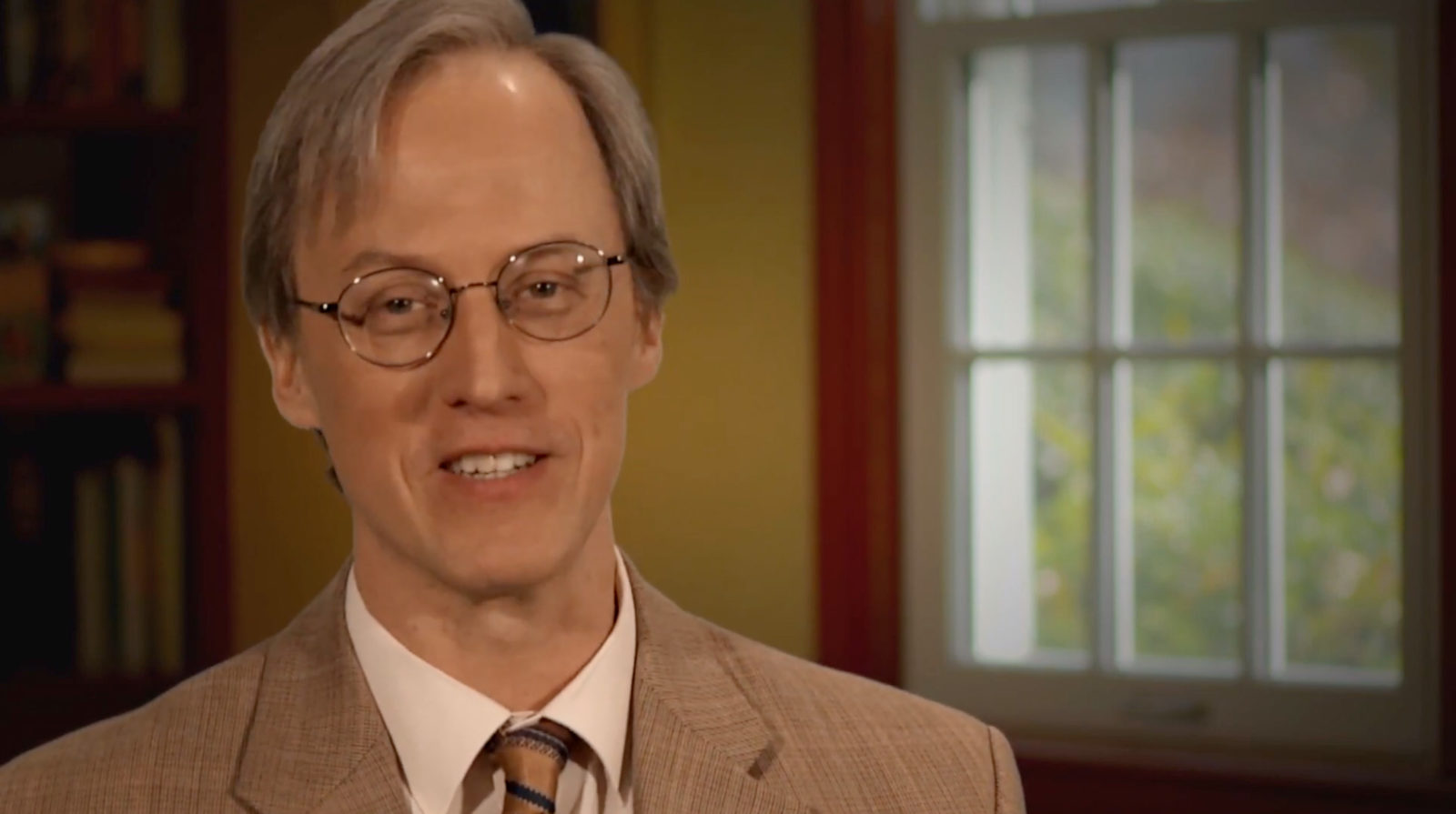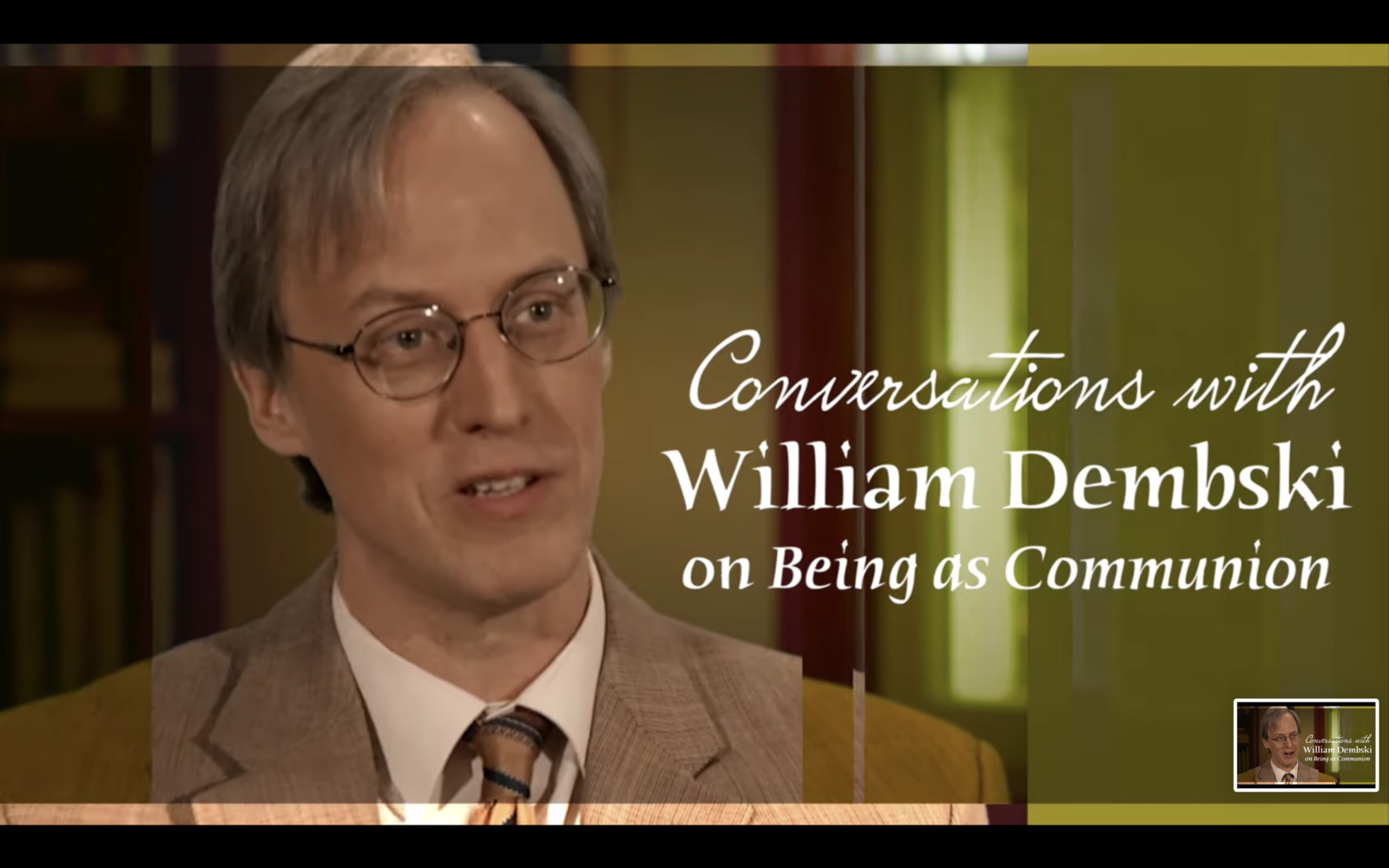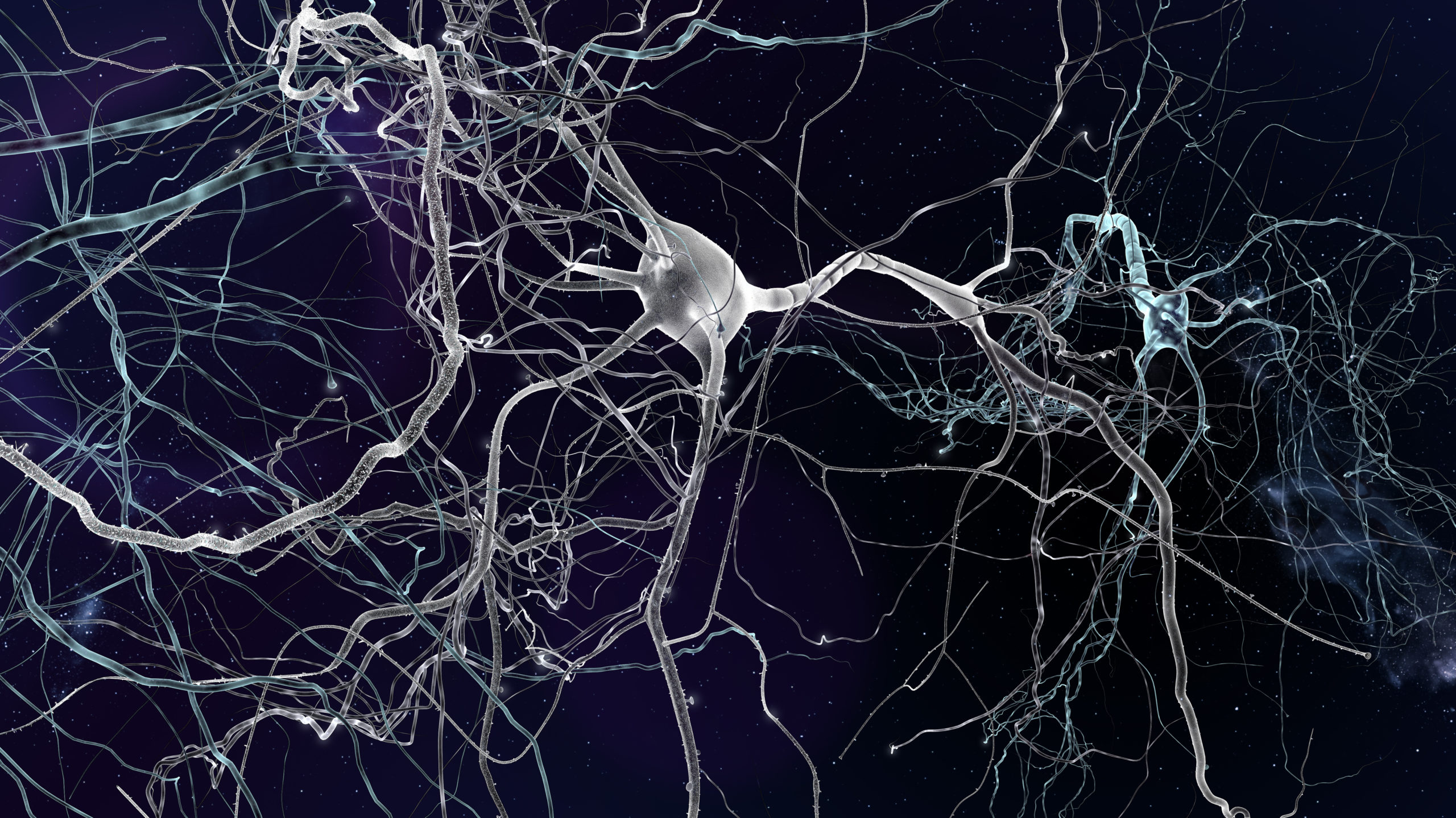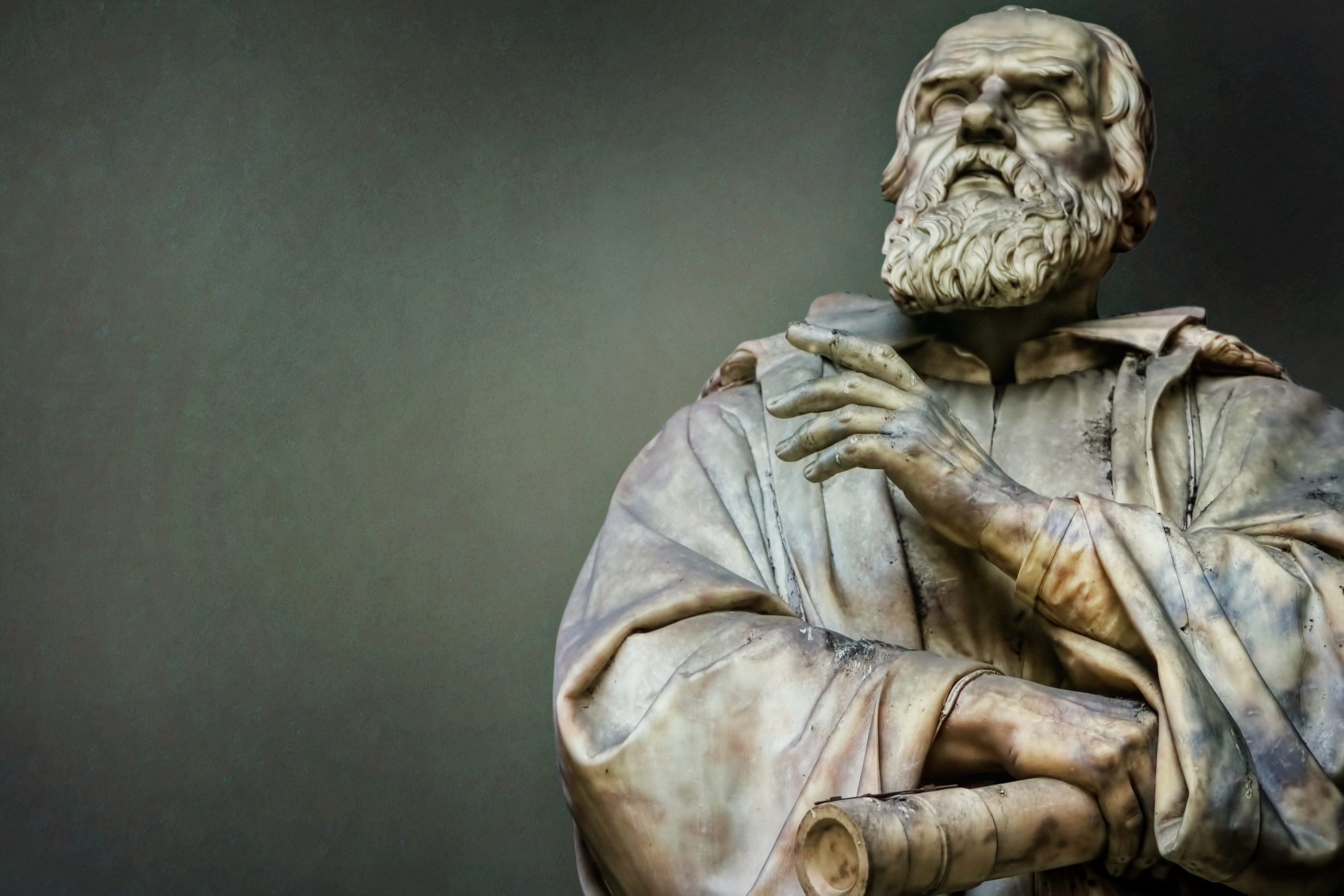For the newcomer to ID, Design of Life offers clearly written and well-illustrated chapters explicating ID's basic scientific concepts, such as irreducible complexity and specified complexity. Design of Life even gives accessible discussions of more complex issues, such as the "irreducible core," or explaining how specified complexity is detected in the research of Douglas Axe, who found that the odds of obtaining a functional β-lactamase domain are less than one in 10^64.
For the ID-guru, Design of Life covers many hot topics. This includes a lucid explanation of the integrated, unevolvable complexity in the neck of the giraffe, a potent critique of the alleged transition from reptiles to mammals, and a critical analysis of the evidence used to support the hypothesis that whales evolved from land-mammals. The advanced reader will devour the General Notes, which expose the bankruptcy of Darwinist attacks...
Read More ›




